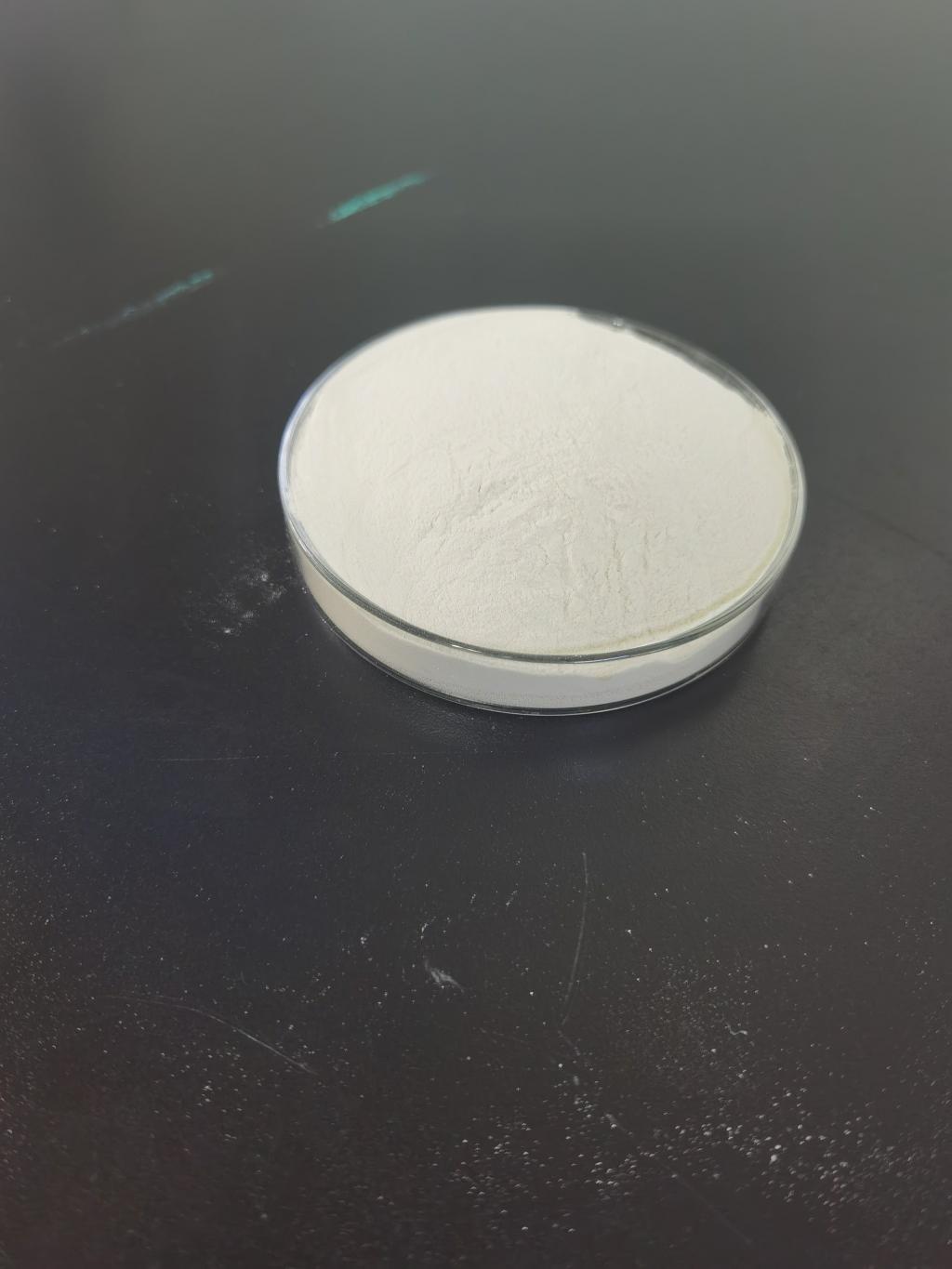Tel:+8618231198596

News
 CONTACT
CONTACT
 CONTACT
CONTACT
- Linkman:Linda Yao
- Tel: +8618231198596
- Email:linda.yao@dcpharma.cn
- Linkman:CHARLES.WANG
- Department:Overseas
- Tel: 0086 0311-85537378 0086 0311-85539701
News
Nisin's applications in promoting food safety in space missions and long-duration space travel.
TIME:2023-08-25
Introduction:
As humanity explores the frontiers of space, the need for safe and nutritious food for astronauts becomes a critical concern. Space missions, whether to the International Space Station (ISS) or for long-duration travel to other planets, require food that remains safe, palatable, and nutritious in the challenging conditions of space. Microbial contamination, nutrient degradation, and resource limitations are all factors that can impact food safety and quality in these environments. Nisin, a naturally occurring antimicrobial peptide, offers innovative solutions to these challenges.
Nisin: A Multifaceted Solution:
Nisin is a bacteriocin produced by certain strains of lactic acid bacteria. Its safety for human consumption has been recognized by regulatory authorities such as the FDA and EFSA. Nisin's antimicrobial properties, coupled with its ability to extend shelf life and preserve nutrient content, make it an attractive candidate for enhancing food safety in space missions and long-duration space travel.
Microbial Contamination Control:
In the confined and controlled environment of a spacecraft or space station, the risk of microbial contamination is a significant concern. Microorganisms brought from Earth can multiply in the closed systems, potentially leading to spoilage, altered flavors, and even foodborne illnesses. Nisin's antimicrobial activity against a wide range of Gram-positive bacteria can help prevent the proliferation of harmful microorganisms, ensuring the safety and palatability of the food consumed by astronauts.
Extending Shelf Life:
Space missions often involve long durations, making it essential to have foods with extended shelf lives. Traditional preservatives may not be ideal due to potential health implications or sensory changes. Nisin, as a natural antimicrobial, can effectively inhibit the growth of spoilage microorganisms without introducing synthetic chemicals. This extends the shelf life of various food products, reducing the need for frequent resupply missions and contributing to resource conservation.
Nutrient Preservation:
Nutrient degradation is a concern in space environments due to factors such as radiation and temperature fluctuations. These conditions can lead to the loss of essential vitamins and minerals in foods, impacting the nutritional content of the astronauts' diet. Nisin's role in inhibiting bacterial growth indirectly contributes to nutrient preservation by reducing the activity of spoilage microorganisms, which can contribute to nutrient degradation. This ensures that astronauts receive the necessary nutrients to maintain their health and performance during their missions.
Applications in Space Foods:
Packaged Meals: Pre-packaged space foods, similar to ready-to-eat meals on Earth, are a staple for astronauts. Nisin can be incorporated into these meals to prevent bacterial growth, maintain flavor, and extend shelf life.
Fresh Produce: Growing fresh produce in space is challenging, but it's essential for a balanced diet. Nisin-treated produce can remain safe and nutritious for consumption, mitigating the risk of contamination.
Baked Goods: Breads and baked goods are comfort foods that astronauts often miss in space. Nisin can prevent mold growth and maintain the quality of baked items.
Dairy Products: Dairy foods, such as cheese and yogurt, provide essential nutrients. Nisin's antimicrobial properties can help maintain their safety and quality.
Psychological Well-being:
Beyond the physical aspects, food also plays a crucial role in astronauts' psychological well-being. Enjoyable and familiar food can provide a sense of comfort and connection to Earth. Nisin's ability to preserve flavors and textures contributes to the palatability of space foods, positively impacting astronauts' mental health during extended missions.
Challenges and Considerations:
While nisin holds promise for space food safety, there are challenges to address. These include ensuring that nisin remains effective under space conditions, optimizing its integration into different food matrices, and addressing any potential interactions with other space-related factors such as radiation.
Conclusion:
Food safety is of paramount importance in space missions and long-duration space travel. Nisin's antimicrobial properties, nutrient preservation capabilities, and potential to extend shelf life make it a versatile tool for enhancing the safety and quality of space foods. By incorporating nisin into the diets of astronauts, space agencies can ensure that explorers receive safe, nutritious, and appealing meals, supporting their physical health and mental well-being as they venture into the cosmos. As humanity's space exploration efforts continue, the role of nisin in space food safety will likely become increasingly significant, shaping the future of space sustenance.
- Tel:+8618231198596
- Whatsapp:18231198596
- Chat With Skype







